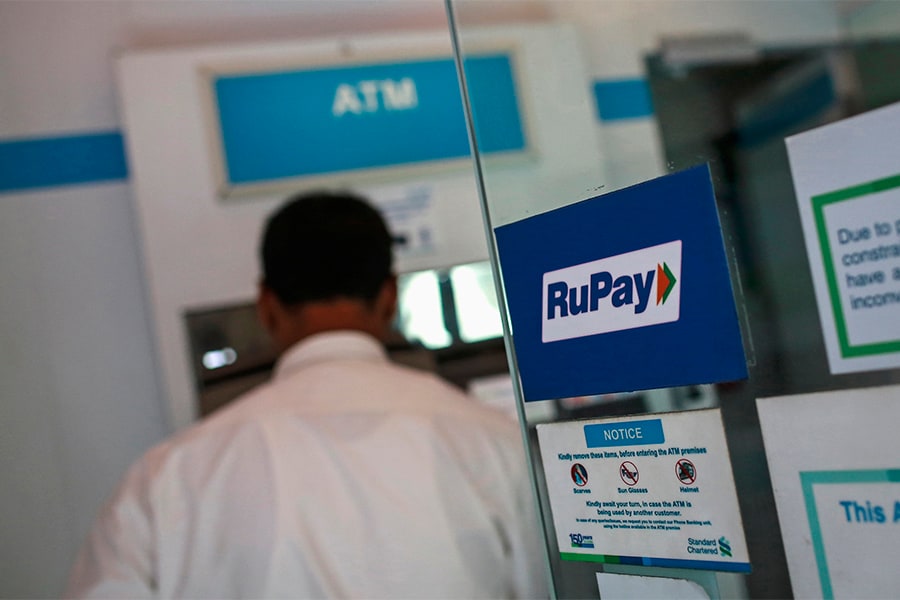India plans new payments regulator to boost digital finance
Finance Minister Arun Jaitley has made several proposals in his latest budget aimed at accelerating the adoption of digital finance


 Image: Danish Siddiqui / Reuters
Image: Danish Siddiqui / Reuters
A proposal to set up a new Payments Regulatory Board was included in Finance Minister Arun Jaitley’s budget proposals for the fiscal year that starts April 2017, signalling the Union Government’s intent to catalyse faster adoption of digital finance in the country.
The Committee on Digital Payments constituted by India’s Department of Economic Affairs has recommended reforms including amendments to the Payment and Settlement Systems Act, 2007, Jaitley said in his budget speech.
“To begin with, it is proposed to create a Payments Regulatory Board in the Reserve Bank of India by replacing the existing Board for Regulation and Supervision of Payment and Settlement Systems. Necessary amendments are proposed to this effect in the Finance Bill 2017,” he said.
India abolished its two highest denomination notes of Rs 500 and Rs 1,000 on November 8, in a step it said would help reduce black money in the economy. Implementation of the measure, however, led to long queues at ATMs across the country and widespread inconvenience to many, but also coaxed people to look more seriously at digital payments.
Demonetisation has also been welcomed by businesses across the country for its potential to help accelerate the adoption of electronic payments—resulting in greater transparency and compliance, and reduced cost of operations. Jaitley’s budget proposals on digital finance were similarly welcomed on Wednesday.
“Big digital push is the thrust of the Budget and is a very welcome step and the right move for the future growth of the economy,” Bipin Preet Singh, co-founder and chief execuive of One Mobikwik Systems, India’s second-biggest mobile wallet provider, said in an email to Forbes India. “The focus on digital payments will lead to revolutionary transformation in Indians’ payments habits.”
As India becomes more digital, the country will see new taxpayers and more transparency in incomes. Upgrading digital infrastructure to support cashless transactions in rural and semi-urban areas will encourage more merchants and consumers to transact on non-cash and online platforms, Singh added.
A government-backed payments app, called BHIM, to help even people with basic feature phones to make payments using the Unified Payments Interface, now has 125 lakh users, minister Jaitley said. The government will launch two new schemes to promote the usage of BHIM—a referral bonus scheme for individuals and a cashback scheme for merchants.
Aadhaar Pay, a merchant version of the Aadhaar-enabled Payments System, will be launched shortly—based on India’s Aadhaar unique ID for individuals. This will be specifically beneficial for those who do not have debit cards, mobile wallets and mobile phones, Jaitley said. The government will target 2,500 crore digital transactions for 2017-18 through various electronics payments options.
Aadhaar Pay “will push digital payments to grassroots levels of the country,” Ramki Gaddipati, chief technology officer of Zeta, a mobile payments startup said in an email.
Banks have targeted to introduce additional 10 lakh new point-of-sale terminals by March 2017, and will be encouraged to introduce 20 lakh Aadhaar-based PoS units by September 2017, Jaitley said. A proposal to mandate all government receipts through digital means, beyond a prescribed limit, is also under consideration.“Promotion of a digital economy is an integral part of Government’s strategy to clean the system and weed out corruption and black money,” Jaitley said. As the adoption of digital finance reaches India’s small towns and villages and brings many more into the formal economy, it will “energise private investment in the country through lower cost of credit. India is now on the cusp of a massive digital revolution,” he said.
First Published: Feb 01, 2017, 15:40
Subscribe Now